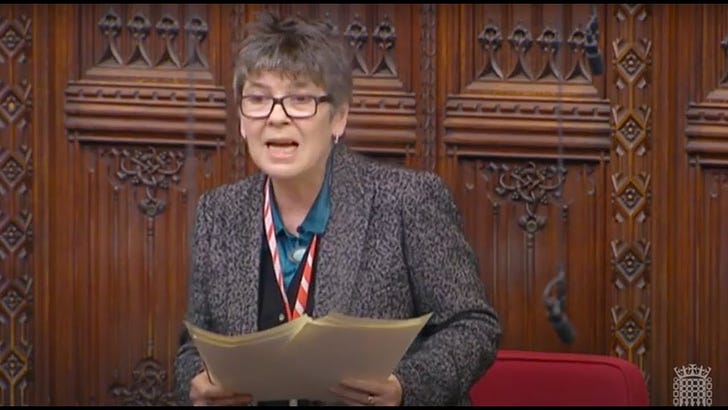This week, the latest GDP figures revealed that the UK economy continues to grow faster than expected, despite the vote to leave the European Union. In fact, in 2016, the UK economy grew faster than any of the other G7 industrialised countries.
But will these good times last? Earlier this month, the prime minister, Theresa May, announced that she intended to leave both the EU's single market and customs union. It was just such a scenario that led to some of the bleakest economic forecasts before the referendum vote. However, economists who argued for a vote to leave the EU are generally sanguine about the future, believing the EU had become a barrier to further economic growth. What should the UK look for in negotiations with the remaining member states of the EU?
In any event, are things really so rosy? At a time when all the major economies are struggling, are the latest growth figures a sign of a robust economy or do they simply leave the UK as, temporarily at least, the strongest of an increasingly feeble bunch? Are there more fundamental questions to be asked about the possibilities for creating wealth for everyone in the future, like questioning the poor productivity of the UK economy? Are questions about our relationship with Europe really just a sideshow to more deep-rooted problems?
SPEAKERS
Daniel Moylan former deputy chairman of Transport for London; Conservative Councillor; co-chairman, Urban Design London
Phil Mullan economist and business manager; author, Creative Destruction: How to start an economic renaissance(forthcoming)
Merryn Somerset Webb Editor in Chief, MoneyWeek
Andreas Wesemann partner, Ashcombe Advisers LLP; author, The Abolition of Deposit Insurance














Share this post